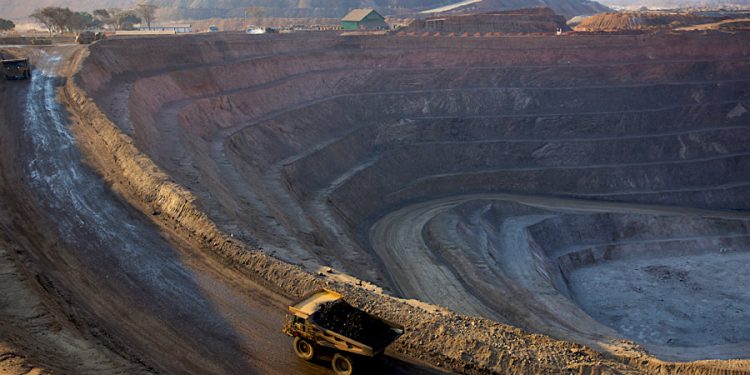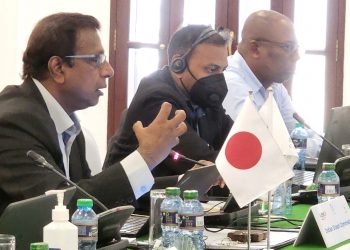The new trend in the automobile sector is owning an Electric Vehicle (EV). Demand for EVs has soared in the recent past with IEA (International Energy Agency) estimating that there are more than 10 million EVs cars on the roads globally in 2020.
However, one cannot imagine this shift without mentioning the Democratic Republic of Congo (DRC). It supplies around 70% of cobalt globally, a key element of the lithium batteries that power EVs, laptops and cellphones.
For example, a long-range Tesla vehicle requires 10 pounds of cobalt to operate, more than 400 times the amount in a cellphone. To take it a bit further, one mine in DRC owned by China Molybdenum Company has enough cobalt to power an equivalent of 400 million long-range Teslas.
With the Compound Annual Growth Rate (CAGR) for EVs estimated at 10.6%, leading the industry to grow from $121.8 billion in 2020 to $236.3 billion by 2027, so would the demand for cobalt in Congo soar.
Most of DRC’s cobalt exports are destined for China, Belgium and South Korea. At the heart of their transportation, is dry bulk shipping.
Is it probable that as the rise of EVs continue DRC may become a tipping point in dry bulk shipping market?
We already have lessons from China when Evergrande liquidity crisis sent mining stocks in China and Australia to plunge. The Evergrande being part of China’s massive property sector, which accounts for about a third of China’s steel consumption, was a reason enough to impact iron ore prices, shortly leading dry bulk freight rates to decline.
Although DRC is yet to reach a point, where it can influence dry bulk prices for cobalt exports, recent government policy in mining sector appear inclined to create a monopoly.
Last year, the Congolese government created a state monopoly when it announced plans to buy all cobalt mines not extracted by industrial operators in a bid to exert more control over the price of the commodity.
DRC is also reviewing mining contracts awarded to foreign investors in a bid to ensure the country gets a fair share of the revenue. As of last year, 15 of the 19 cobalt-producing mines in DRC were owned or controlled by China.
China Molybdenum, which owns one of the Cobalt mines in DRC is in a back and forth with the government over a dispute on payments. Tshisekedi’s government is reassessing its contract with the company to “fairly lay claim to its rights.”
The bottom line is its too early to predict whether DRC’s monopoly in cobalt production will override dry bulk shipping market.
If anything, China is already controlling cobalt mining in the central African counttry and this may take a while to reverse. It therefore means China continues to control dry bulk trade, as it has done since 2003 after overtaking Japan.






